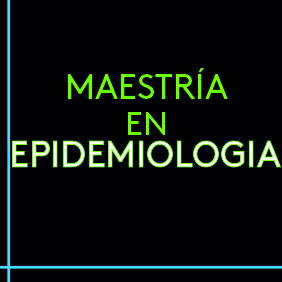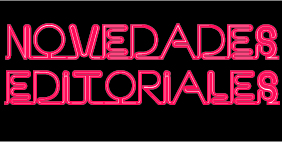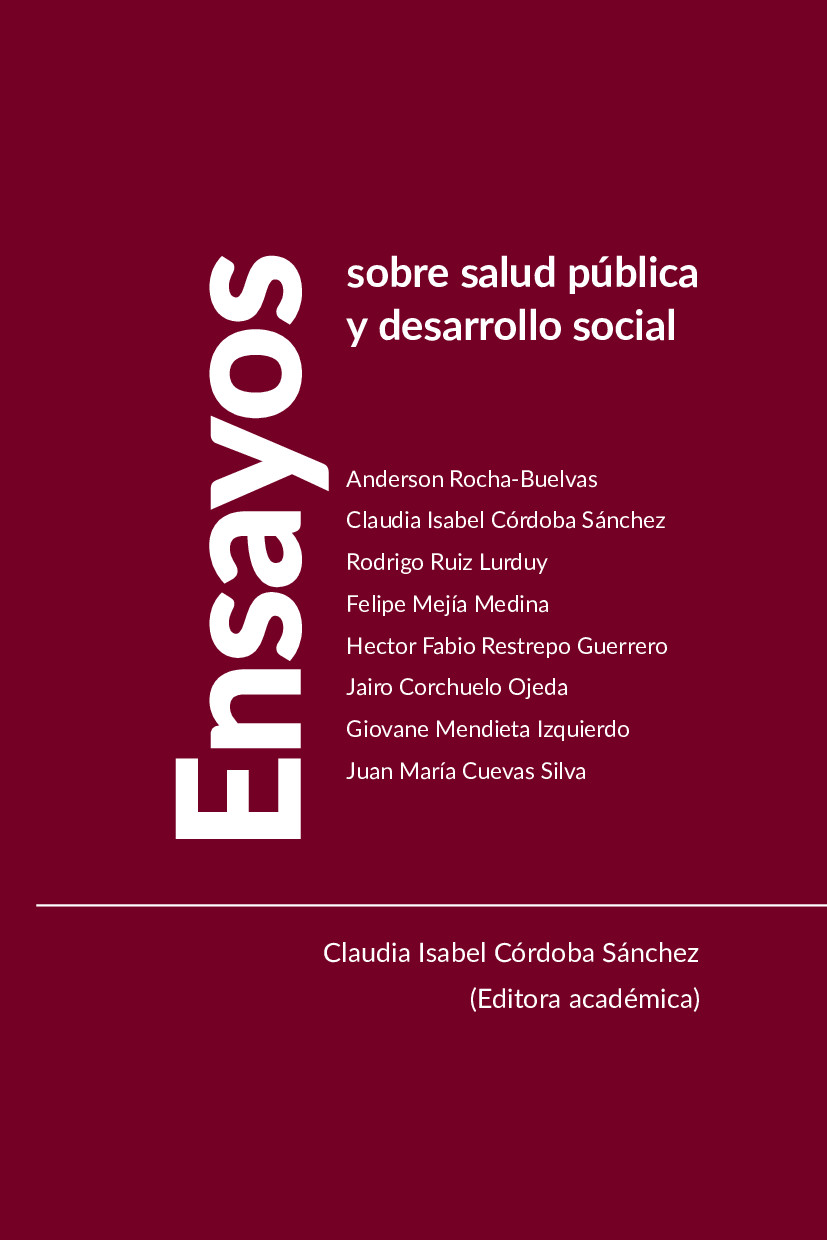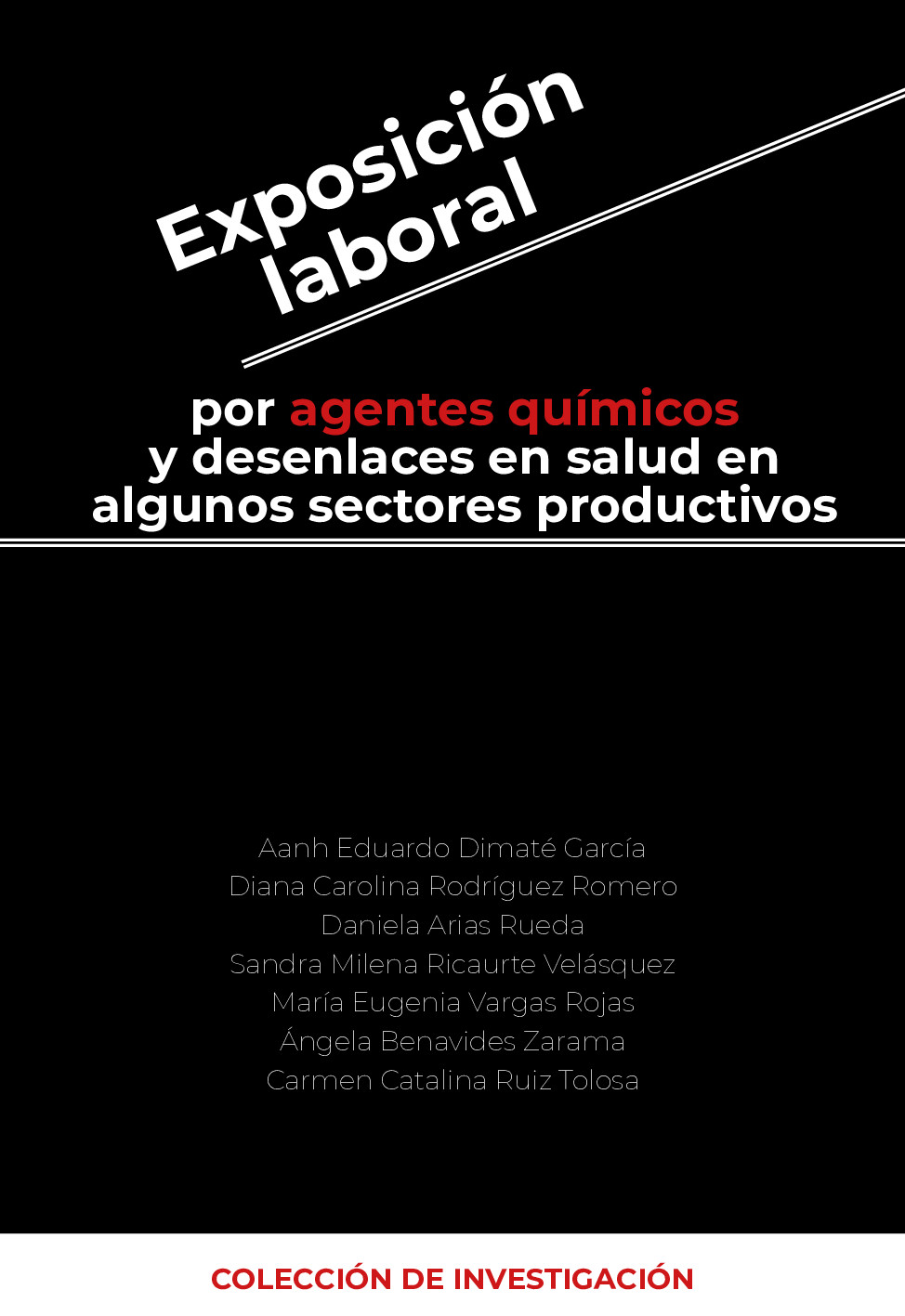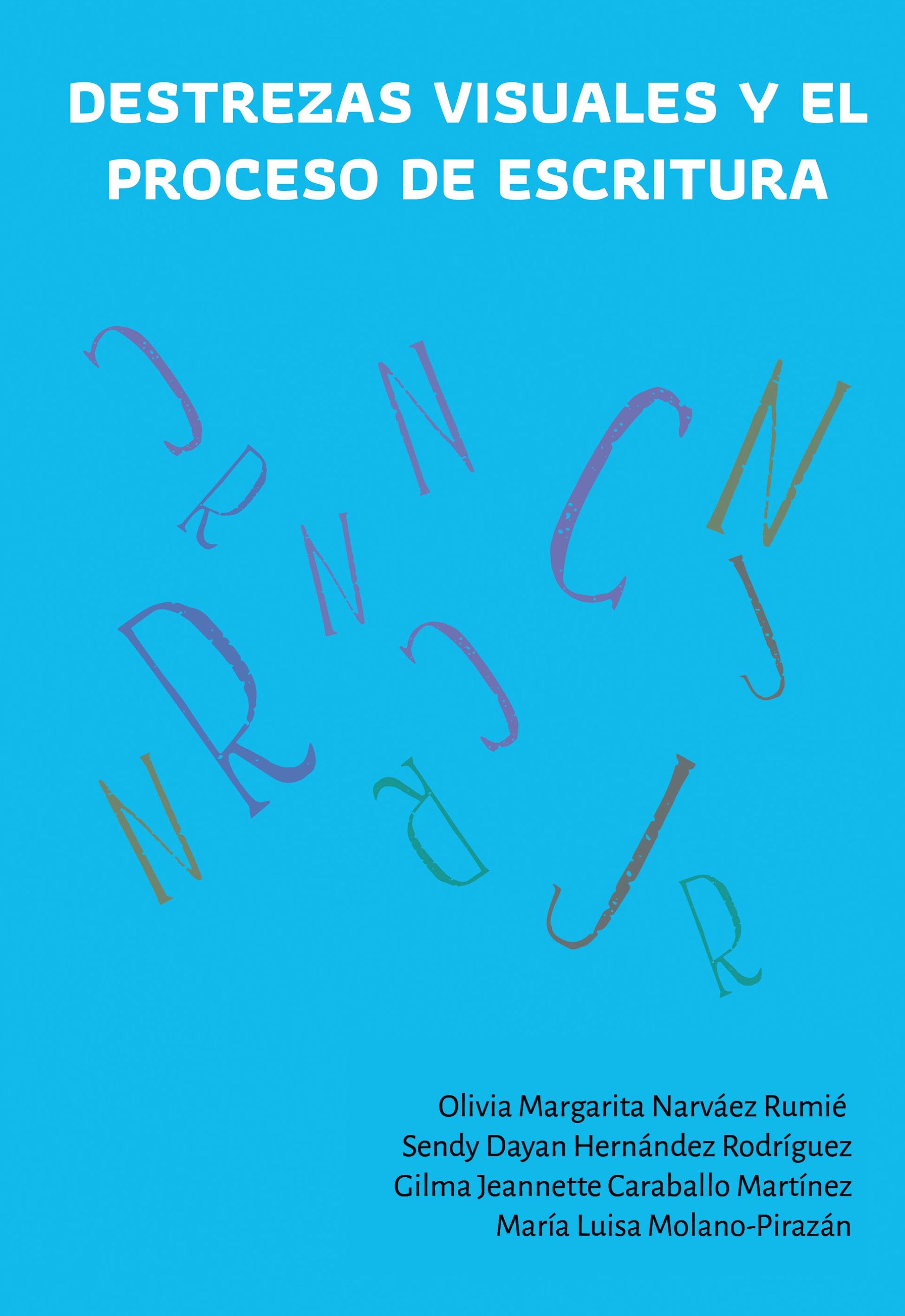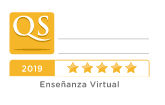Resumen
En 2016 la asignación del premio Nobel de literatura a un cantautor norteamericano, Bob Dylan, generó gran consternación en el medio literario. Muchos lo vieron como una falta de respeto a la tradición literaria, una herejía. Sin embargo, una decisión similar, pionera y revolucionaria la había tomado cinco años antes la Fundación Príncipe de Asturias cuando concedió el premio Príncipe de Asturias de las letras 2011 a un músico y poeta de habla no hispana: el canadiense Leonard Cohen. Tanto Cohen como Dylan más que artistas fueron pensadores con visión reflexiva uno y crítica el otro, que expusieron y denunciaron los grandes problemas sociales del siglo XX: violencia, desigualdad, discriminación, pobreza, inequidad, falta de oportunidades, desconfianza en las instituciones, soledad, angustia, desesperanza. Tal vez el premio a Cohen fue más relevante, pero menos mediático y lo tomamos de referencia para el editorial de este número.
Licencia
Los autores deben declarar la no existencia de conflictos de intereses ya sea por motivos de financiación del proyecto del cual es resultado el artículo; así como por motivos intelectuales, académicos, morales e investigativos.
La Revista de Investigaciones Andina se acoge a las normas éticas para publicaciones dadas por el COPE: http://publicationethics.org/resources/code-conduct
Citas
2. Hollenhorst MA, Braun DA, Burtner CR, Cajigas I, Cunningham-Bussel AC, Eser PÖ, ... & Yialamas MA. Bridging the Divide: Student Grand Rounds at the Interface of Basic Science and Clinical Medicine. Acad Med 2020; 95(4):548.
3. Zhu L, Sun GC, Guan YF Role of systematic integration teaching reform at the basic medicine teaching stage in Chinese medical education system. Sheng li xue bao: [Acta Physiologica Sinica] 2020; 72(6): 699-706.
4. Camargo Sánchez A. El cuidado de enfermería holístico, ¿una utopía? Rev Actual Enferm. 2013; 16(4):6.
5. Sweeney G. The challenge for basic science education in problem-based medical curricula. Clin Invest Med 1999; 22:15-22.
6. Iacopino AM. The influence of “new science” on dental education: current concepts, trends, and models for the future. J Dent Educ. 2007 Apr;71(4):450-62. PMID: 17468305.
7. Lane EA. Problem-based learning in veterinary education. J Vet Med Educ. 2008 Winter;35(4):631-6. doi: 10.3138/jvme.35.4.631. PMID: 19228919.
8. Boet S, Sharma S, Goldman J, Reeves S. Review article: medical education research: an overview of methods. Can J Anaesth. 2012 Feb;59(2):159-70. doi: 10.1007/s12630-011-9635-y. Epub 2012 Jan 4. PMID: 22215522.
9. Kercheval JB, Mott NM, Kim EK, Boscardin CK, Klein BA, Hauer KE, Daniel M. Students' Perspectives on Basic and Clinical Science Integration When Step 1 is Administered After the Core Clerkships. Teach Learn Med. 2023 Apr-May;35(2):117-127. doi: 10.1080/10401334.2022.2030235. Epub 2022 Feb 9. PMID: 35138966..
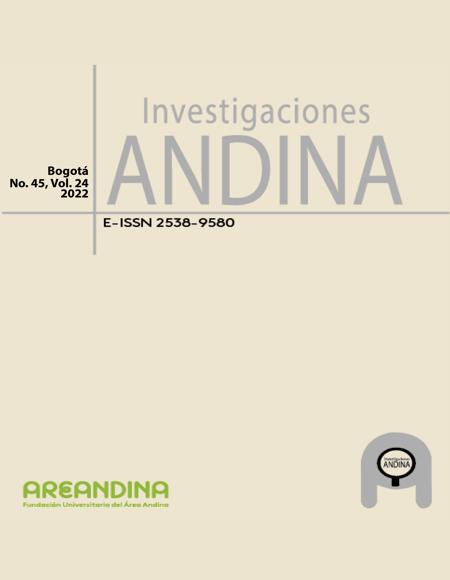
 PDF
PDF
 FLIP
FLIP
 XML
XML




